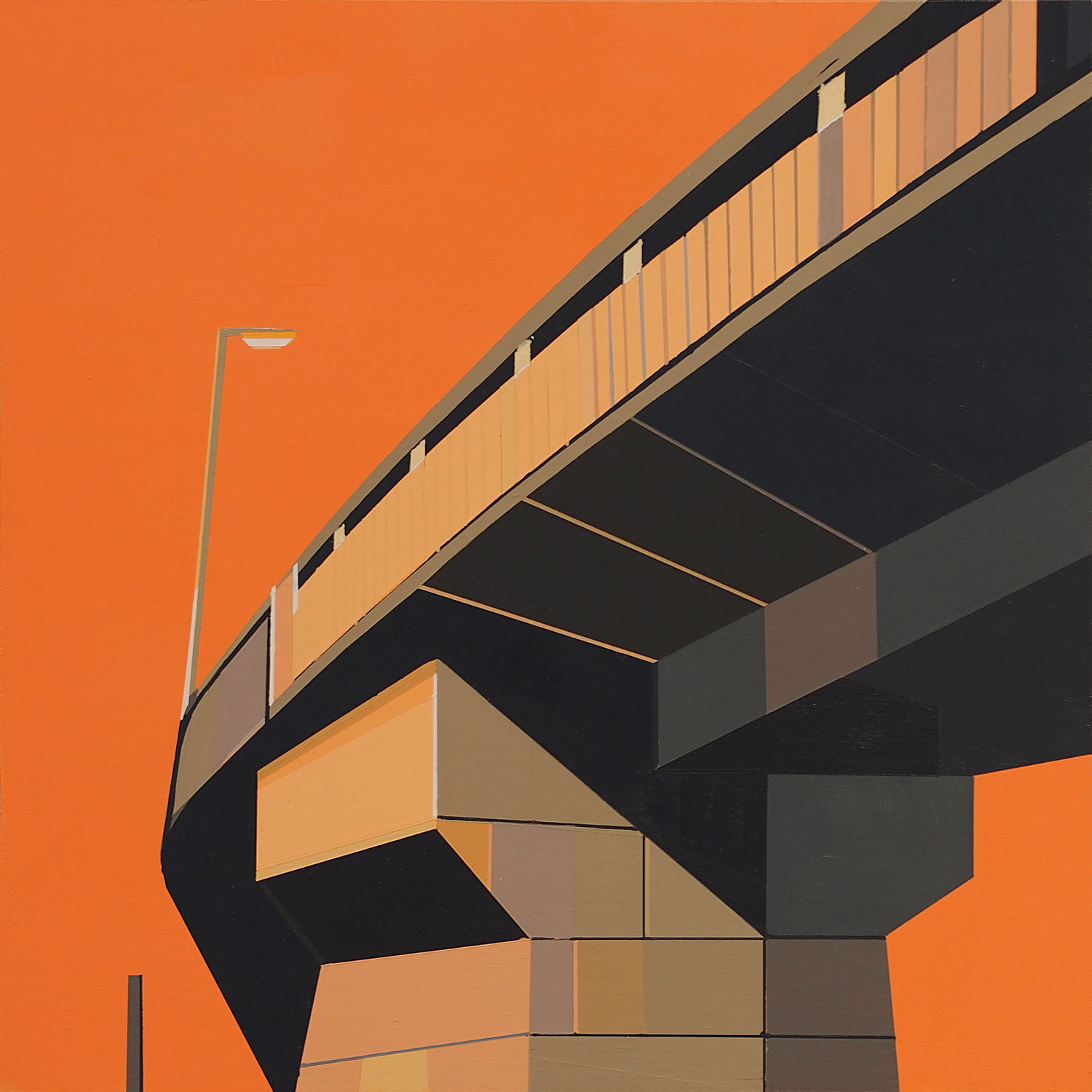A British road movie is a truly rare phenomenon. With the exception of Chris Petit’s Radio On, Patrick Keiller’s Robinson triology and Withnail & I (at a push), the extensive road network of the United Kingdom is not a topic regularly explored on celluloid. It’s just as rare to hear anything from Kate Jackson, former singer of retro-leaning Sheffield jangle-poppers The Long Blondes. It’s been nearly eight years since the band amicably split following lead guitarist Dorian Cox’s unexpected illness and, despite numerous rumours, Jackson’s solo career never materialised. Until now. Aided by former Suede guitarist and producer Bernard Butler, the magnetic frontwoman is back with her debut album, British Road Movies.
Conceptually, British Road Movies is a pretty weighty record. Jackson and Butler conceived each song as a movie title, using Radio On and the writing of Will Self and Iain Sinclair as cornerstones. “As an island our roads lead somewhere far too quickly to hold adventure,” Jackson says, so perhaps unsurprisingly the album doesn’t usually lean towards the grandiose technicolour vibe of a Hollywood blockbuster. Instead, it tends to reflect the quirky but often mundane stories of an indie flick.
The shimmering synths, breathy vocal harmonies and melancholic piano that punctuate opener ‘The End of Reason’ sets this up perfectly. “You wasted another day,” Jackson laments, as if longing for something beyond the run-of-the-mill. This longing continues into ‘Homeward Bound,’ where Jackson shows she’s lost none of her charisma while singing “carry me home” with fervour over Butler’s driving guitar riffs. Lead single ‘Metropolis’ is wrapped in both nostalgia and antipathy towards the urban, as Jackson continually repeats “this city pulls me to pieces” over a Northern Soul beat. Some of the album’s catchiest moments come from ‘Wonder Feeling,’ four minutes of swirling synths and peppy riffs accompanied by Jackson’s irresistibly lilting vocals; if Shirley Valentine needed a new theme song, this would be it.
It’s in some of the album’s quieter moments that Jackson’s real knack for entrancing narratives shines, though. On ’16 Years’ Jackson channels the spirit of Jarvis Cocker into her slightly twisted, spoken word tale of love, domesticity and regret, particularly on lines like “Your house was bright with dirty patterned carpets/ From football boots and ballet shoes/ I wish I said how much I wanted/ To be ordinary like you.” Meanwhile, a very sparse electric guitar provides the foundation for ‘Velvet Sofa from No. 26,’ a curiously heartbreaking tale of estrangement. Jackson sounds at her most vulnerable while almost whispering “you never looked back.” Piano ballad ‘Last of the Dreamers’ takes a different kind of journey, into the mind, where Jackson’s character is adamant that “one day I’ll wake up the girl of my dreams” with a “handsome husband whose cash never ends,” so that “people won’t question who I am/ They’ll never know where I came from.” It’s a perfect combination of anguish and class politics.
Escapism was never too far away from the work of The Long Blondes and it’s a theme Jackson continues into British Road Movies, both literally and metaphorically. But here, with her more diverse sound and honed lyrics, her work seems more evocative, inspiring vivid and, yes, cinematic imagery that sticks firmly in the mind. A talent like Jackson’s is as rare as a British road movie.




